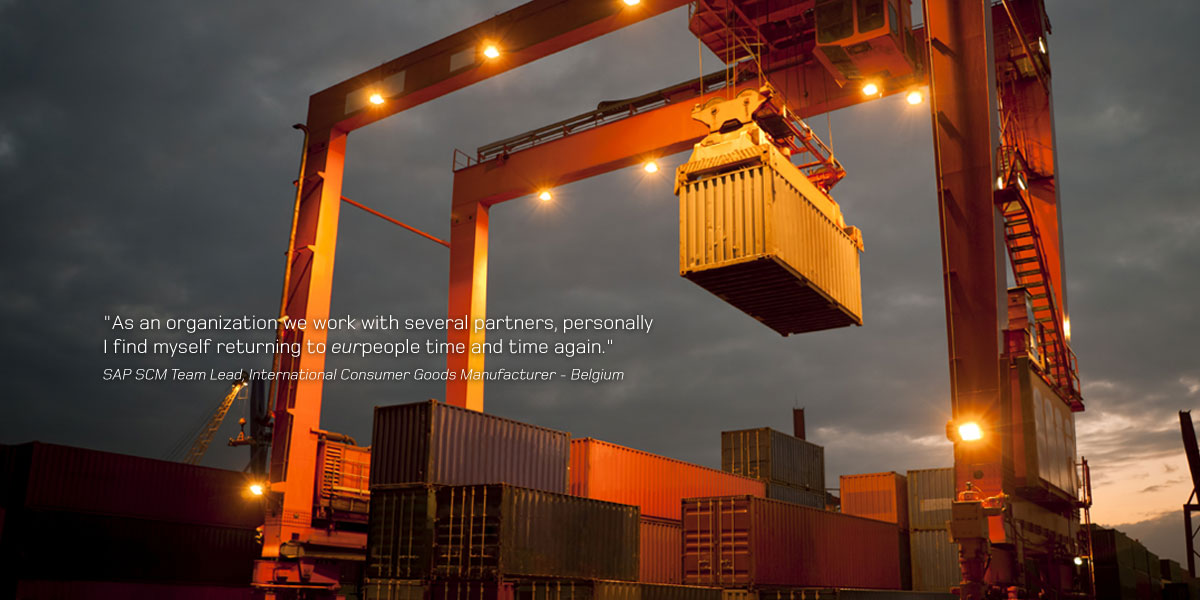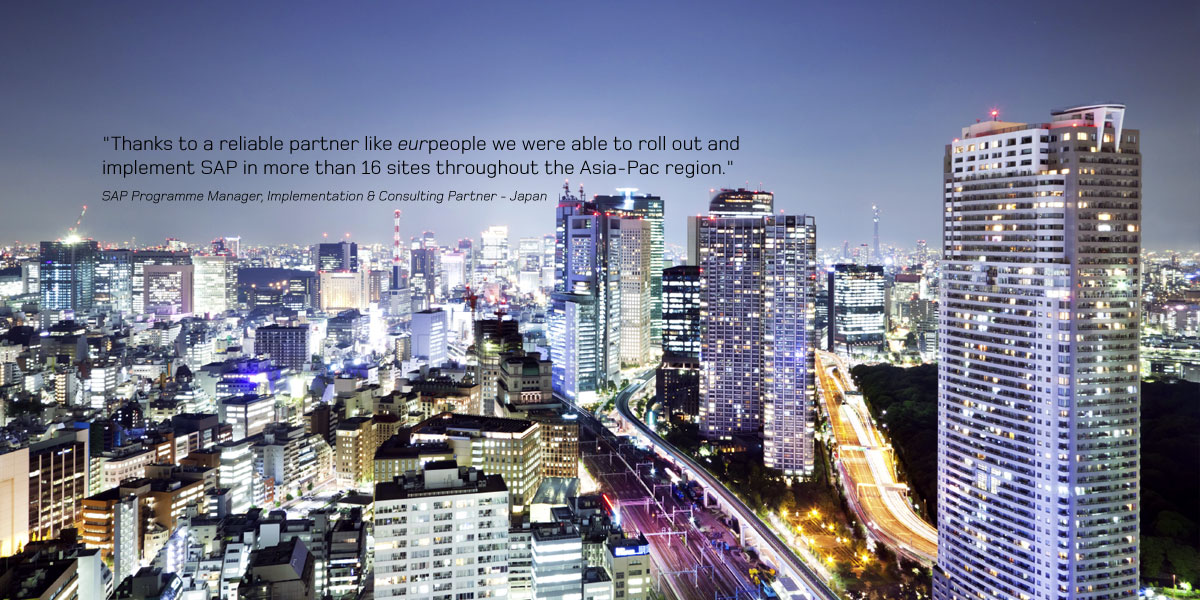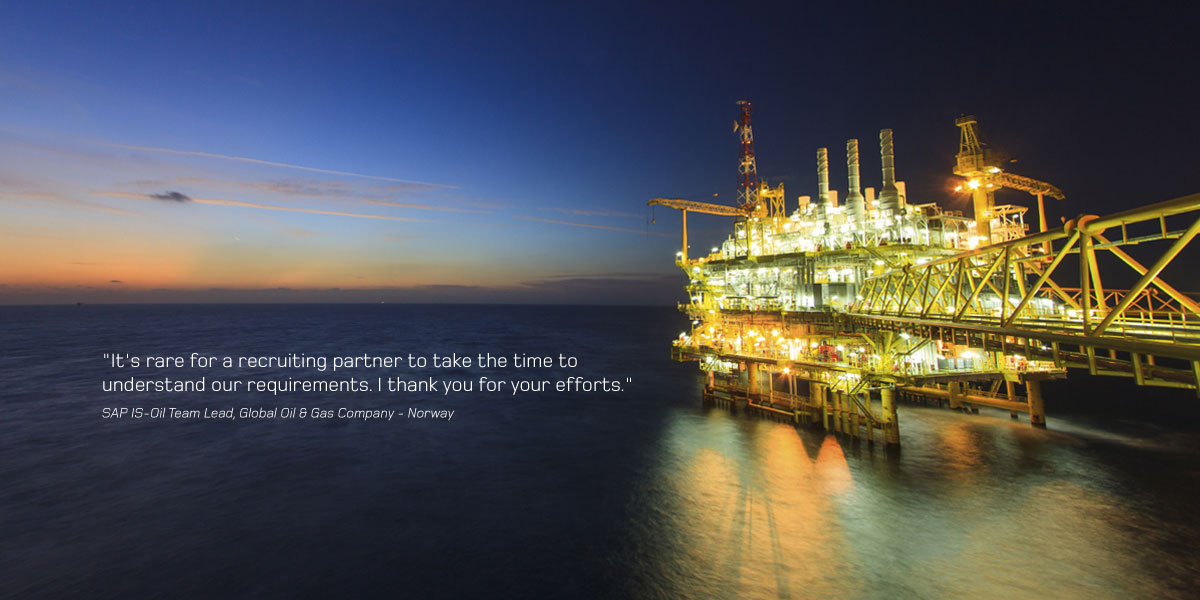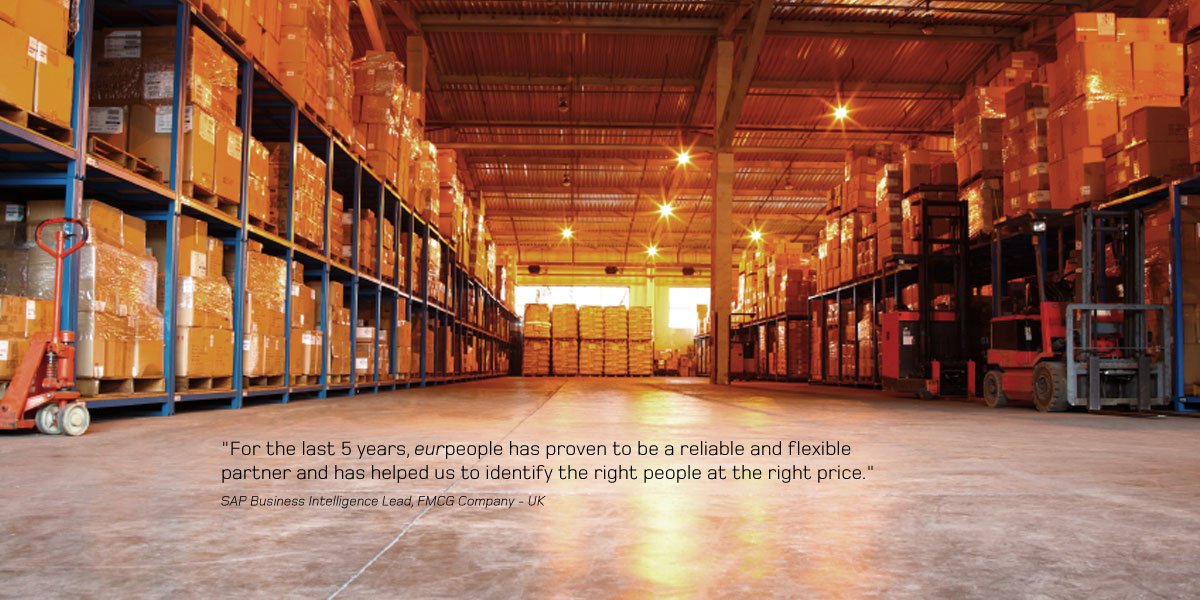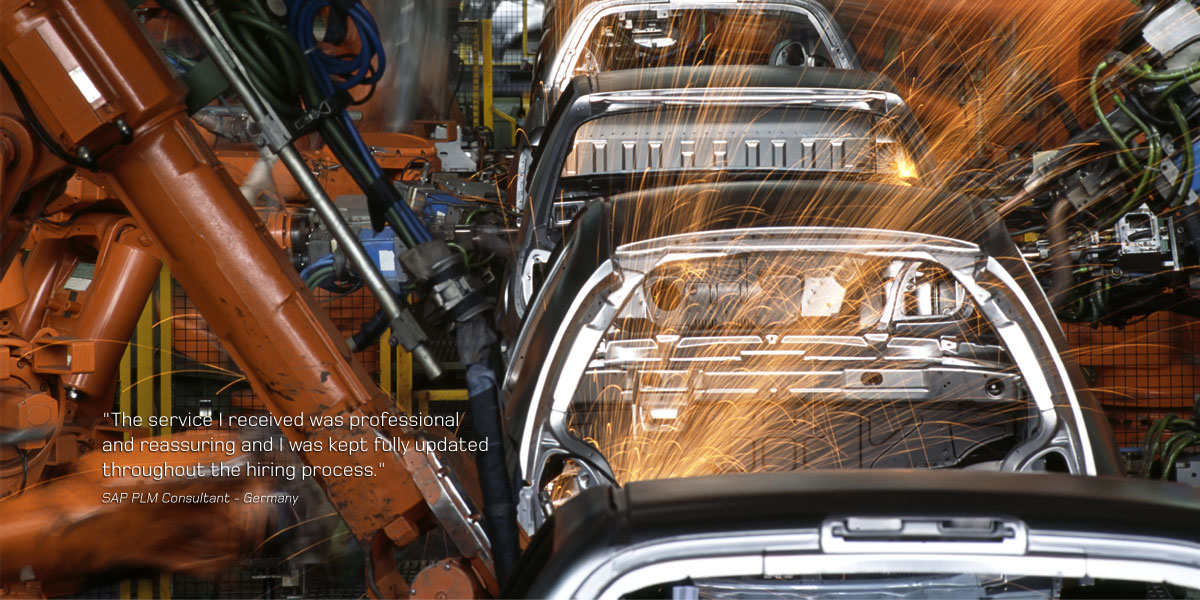SAP Automotive Forum: “Best of Breed Is No Longer Enough”
Digital transformation paves the way for new business models. But first we have to leave complex legacy systems behind. Audi, BMW, Mercedes-AMG, and Bosch share their experiences at the SAP Automotive Forum.
There is one trend to which no industry is immune. “The business models of the future put the customer at the center,” says Wieland Schreiner, executive vice president of SAP S/4HANA.
This has consequences for IT at car manufacturers. Until just a few years ago, a material requirements planning job took hours to run. The person working on it had to be an expert to understand the data. Today: “The system understands the context, the data, and the user’s role. It displays an SAP Fiori interface containing the information the user actually needs,” says Schreiner. According to him, the real benefit is that the system helps the user make decisions. “The user knows what they have to do because the system has tested the scenario,” says Schreiener, referring to what he considers one of the major advantages of the SAP S/4HANA digital core.
From Legacy IT to Data Lakes
The SAP Automotive Forum shows that the automotive industry is looking for solutions that offer greater transparency, new digital business models, and faster decision-making. Henning Löser, head of the Audi Production Lab, believes that the key to future success is uniting empirical knowledge and forecasting.
His vision is already becoming reality at one of Audi’s manufacturing plants in Mexico. The company is building a brand-new factory, which means it does not have to deal with legacy IT. A data lake, as envisioned by Löser, could contain all the relevant processes and data relating to operating facilities, orders, and the supply chain. This would not only speed decision-making; it would enable Audi to deliver faster and offer customers products that are more tailored.
However, the reality is different in other parts of the company. “All the information is there but it’s hard to get at because it’s spread across over 400 legacy systems, which we are still using,” says Löser.
With SAP MII, BMW can prevent a 30-minute production line downtime.
The picture is similar at BMW. It deploys SAP Manufacturing Integration and Intelligence (SAP MII) to meet a requirement that Audi also shares, and which chimes with SAP’s vision: being able to identify where faults occur without needing the technical expertise. BMW’s new system has been up and running since the end of last year and reports faults in production.
It too still has its share of legacy systems. SAP MII collates data from across its heterogeneous IT infrastructure and displays it on an advanced user interface. BMW has not yet migrated to SAP HANA, but its approach shows that it is far from alone in wanting to draw on all data to make decisions faster. “If SAP MII helps to prevent a 30-minute downtime in our production line, we’ll be happy,” says Karin Peisl, manager of order to delivery at BMW.
“Decision-Making Has to Be Fast”
Business value drives all activities at Mercedes’ high-performance division Mercedes-AMG. “Everything else comes second,” says Dirk Zeller, head of IT consulting at Mercedes-AMG.
When the company turns a Mercedes E500 into a high-performance vehicle, it has to modify and exchange anywhere from 40 percent to 60 percent of the car’s parts. Each year, 70,000 high-performance vehicles roll off the production line.
“All departments, from development to finance, have to make decisions fast. We have to keep on finding new ways of attracting customers, for instance using social media, offer digital services, and rethink how vehicles are developed,” says Zeller. Mercedes’ Joint Project for Tec and Biz will see the company implement SAP S/4HANA. The road map is ready, and the SAP-AMG master plan is at an advanced stage.
“Best of breed is no longer enough,” says Zeller. “We need a platform that doesn’t require any additional integration.”
According to René Deist, executive vice president of Bosch, this is a key requirement for ultimately realizing the values that IT as an enabler promises. “Standardizing the backend is as important as digitization,” he says.
“Employees Have to See the Benefits”
SAP HANA is not new at Mercedes-AMG. Back in 2014, it was one of the first companies to deploy SAP Business Suite powered by SAP HANA and is an advocate of SAP’s simplification strategy.
Meanwhile at Audi, Henning Löser still has some persuading to do. “Before we can transform successfully, we have to get people’s buy-in,” he says. Benefits of new technology have to be tangible. For instance, for every bolt used to anchor a seat belt, the turning force and angle are measured and transmitted to the system. In the future, the system will tell the employee if a bolt is not correctly fitted. “Employees will accept digitization if they can see how it benefits their work,” says Löser.
An SAP demo shows how advances in IT are changing car manufacturing. A vehicle rolls of the production line every eight seconds. It used to take until the evening for the IT system to update. Now, three production lines are in operation at the same time and the system sends messages from the live system 1,000 times a minute. Users can simulate data ad hoc, analyze it, and use it to make decisions.
The technology has already improved inventory turnover and cut costs by eight percent. SAP S/4HANA is behind this degree of transparency in manufacturing. Management and shop floor staff alike have the information they need at their fingertips.
| Location: | Start Date: | ||
| Rate: | Duration: | ||
| Type: | Reference: |
Contact Details
To find out more about how eurpeople can cater for your needs contact us at the following:
London Office
eurpeople Recruitment Ltd
South Point House, 321 Chase Road
London, N14 6JT, United Kingdom
Middle East Rep Office
eurpeople ME Recruitment Ltd
PO Box 309, Girne
Mersin 10, Turkey

